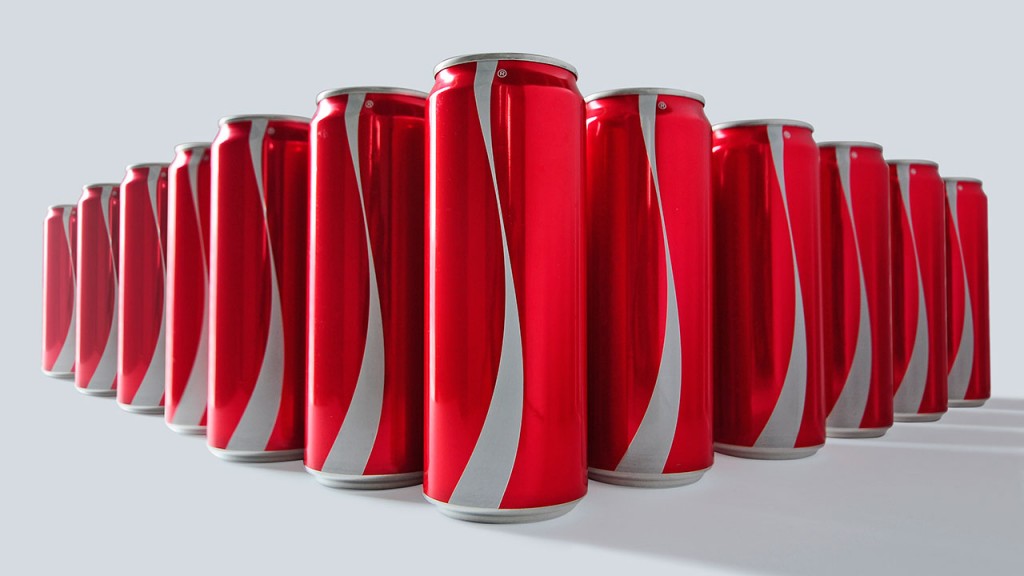No more labels on Coca-Cola? That is just what Coca-Cola wants everyone to imagine: A life without labels. Partly in honor of the Muslim holiday of Ramadan, which comes to an end on July 17th, Coke has introduced the latest version of its iconic red and white can featuring Coke’s signature ribbon but no “Coca-Cola.”
This was intentional in an effort to promote drinkers to be more open-minded and tolerant. The message “Labels are for cans, not people” will be found on the backs of cans.
A video, released by the beverage giant, outlines the idea behind the company’s campaign.
Prejudices can be developed in a matter of seconds, so the company decided to bring six men together in a dark room to talk about their lives. As the men talked, they shared their thoughts about how the others looked, just to have those assumptions smashed – one man had tattoos covering his face and was a cognitive psychologist, another was a well-dressed heavy metal musician – when lights were turned on.
This is all part of Coca-Cola’s “Let’s take an extra second” campaign.
While what Coke is doing is creative, it is not the first time a company has tried something like this.
Coke is just one of many companies to join forces with marketing and social activities, the results have been somewhat mixed. Starbucks suffered from backlash when they asked their baristas to talk about race relations with its customers as a part of its “Race Together” movement.
Dove and Nike are just two examples of companies that have been able to capitalize on social advocacy. In 2013 Dove’s “Real Beauty Sketches” addressed self-esteem issues in women and went viral. Two pictures were drawn of one woman by a forensic artist, one using the description giving from someone else and the other from the woman’s own description of herself, to show women they are more attractive than they think. In an ad with a young boy running to be healthy, Nike was able to employer others to “Find Your Greatness.”
“Dumb Ways to Die,” a campaign in Australia linked to increasing railway safety in Melbourne, Australia, is an animated musical video about a variety different preventable ways individuals put their lives at risk and is one of the best-known social-good advertisements.
The 2015 Super Bowl was no exception, where ad space is usually reserved for comedic ads, became an advocacy platform with an onslaught of “dad-vertising” commercials showing their appreciation for fathers.
Stay Connected